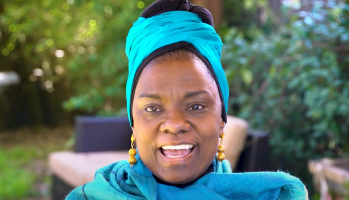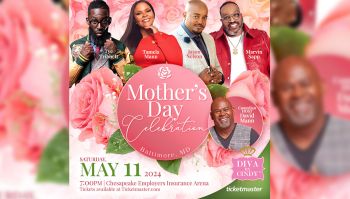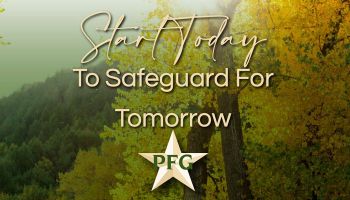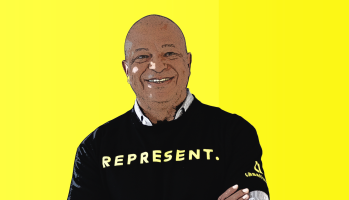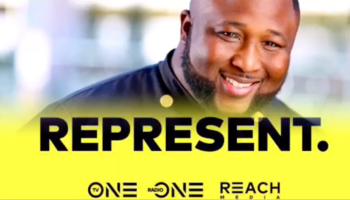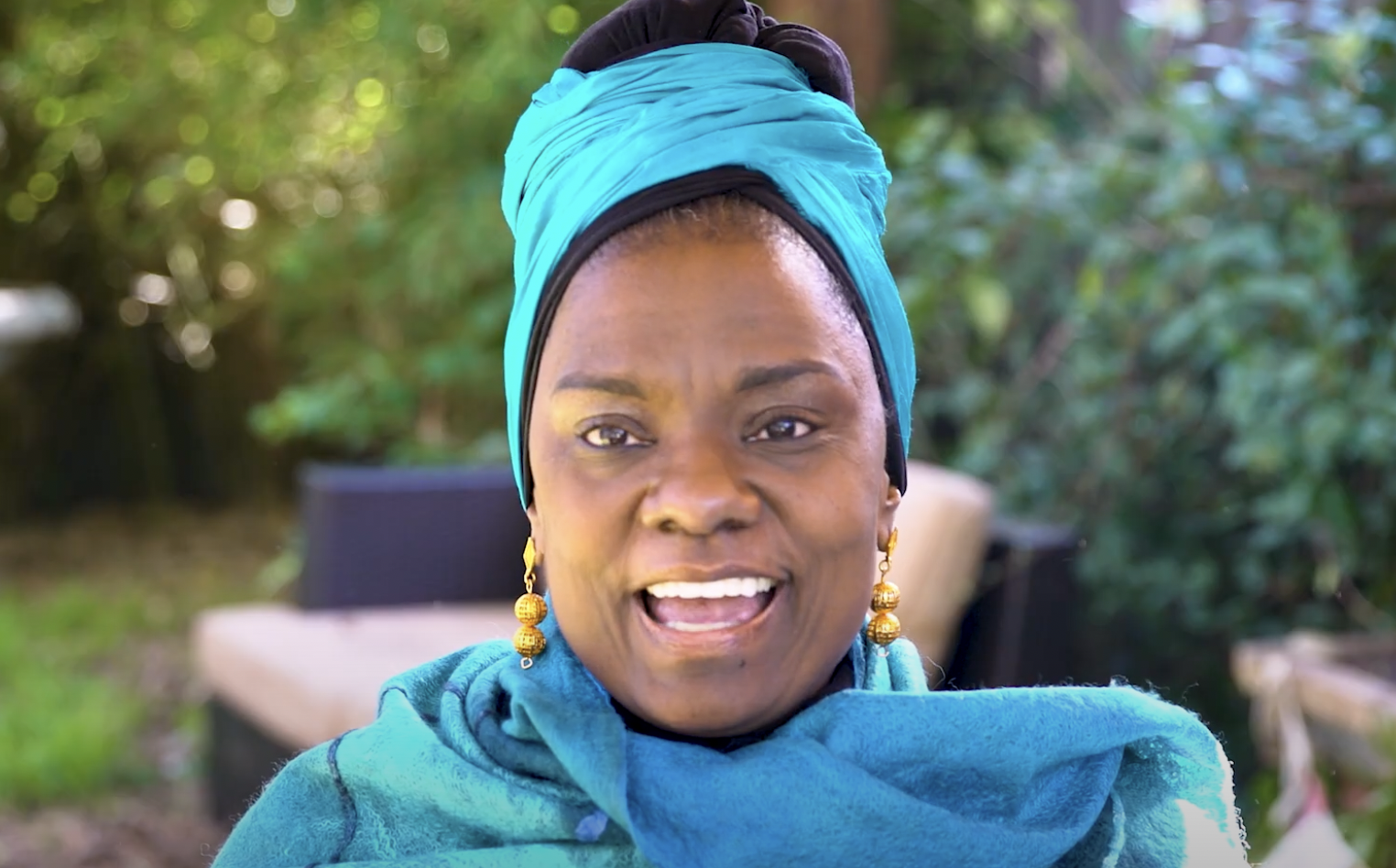
Source: youtube / Youtube
I spend a lot of time engaging with Black women, and I am always impressed with the critical work many are leading. I met Dr. Sabrina N’Diaye earlier this year and have appreciated her work helping communities move trauma from their bodies. In case this article is your first introduction, Dr. N’Diaye is an integrative psychotherapist and founder of the Heart Nest Center for Peace and Healing in Baltimore. There, she lovingly serves women, couples, other healers, and small groups. Her approach to healing is a blend of wisdom, science, and ancient spiritual practices. She is a student of the late Sufi Master Sidi Muhammad al-Jamal of Jerusalem and incorporates Sufi healing into her with individuals, families, and communities.
I wanted to get a sense of where her deep wisdom and insight springs from, and recently caught up with N’Diaye. We chatted about her about her journey, her new book Big Mama Speaks: Love Lessons from a Harlem River Swan, and her maternal grandmother’s – Big Mama – indelible impact. I hope you’ll read, weep, and then begin or continue a journey to honor the Black matriarchs in your life.
Jennifer R. Farmer: Why Did You Write “Big Mama Speaks”?
Dr. Sabrina N’Diaye: The book is about my maternal grandmother, Marion Brisco, who we affectionately called ‘Big Mama.’ She was a poor, Black mother of six, paralyzed and rendered mute by a white, Bronx policeman’s assault. She inspired loving service and grateful tears and shared an infectious laughter from me, my children and all who loved her. My grandmother had six children. But at 33 years old, she was assaulted by a police officer and consequently suffered a stroke. She was in a coma for 60 days and woke up on Good Friday, a very holy day. When I was a child, I was drawn to her even though she couldn’t talk or walk. After the stroke, she couldn’t do much. But she was consciously aware of everything around her, and we had a connection that transcended words. She taught me how to listen, how to be present with people who struggle with disabilities and how to be engaged without words. The book highlights her life and the many ways she spoke with me without words.
What are some of the themes you highlight in the book?
The book is about all the ways Big Mama advised me. I synthesized her teachings into nine lessons:
- N plus O equals freedom.
- Die before you die.
- Love yourself first.
- Shut up. Listen. Hope.
- Work for peace.
- Laugh until you pee.
- Live your purpose.
- Be the light.
- Who’s your big mama?
What does it mean to die before you die?
I refer to my grandmother’s stroke as her first death. She had to let go of everything including the capacity to raise her children. It was almost like she lived between Earth and Heaven. She was powerless, including over what her kids did. She was a witness, and her experience birthed this concept. The concept of dying before you die is to let go of the stuff we cling to so tightly. Let go of everything the ego is attached to. Work every day to clean your ego of all attachments. When we leave this Earth, we aren’t taking anything with us. Let go of things that could benefit someone else. Let go of your resentment and emotions that keep you from growing, and be prepared to release yourself from the attachment of this physical body. We think we know, and some of us are blessed to know, but many will not.
How do we engage without words?
My grandmother’s first method of engagement was through her infectious laugh – for example when you see a 7-month-old baby fall out in laughter and you have no idea what they’re laughing about but you join in. She got the joke. She taught me to engage through her laughter. But also she would lean in intently, and she listened with her eyes. She understood me, and she taught me as a therapist how to lean in and listen and listen from the heart. She taught me how to see with my heart. She taught me how to be with people who don’t look good, don’t smell good and who haven’t always done the right thing. I found out she was very accepting before her stroke. She taught me how to forgive, and I was able to be a caregiver the last six years of her life. She taught me and my children how to be caretakers. They fought over her care.
Tell me about how you honored her with journaling.
When Big Mama died, I wasn’t sure what to do with all the grief. I was in grad school, raising two kids and taking care of her. When she died, I started writing to her in my journal. I imagined myself in conversation with her and wrote what she communicated with me. I documented my dialogue with her in a journal. The journal formed the book. When I began writing, I got up at 3:00 a.m. and asked the simplest of questions and waited for a response. It became a dialogue. And the dialogue not only benefited me, but I felt it could benefit others as well. The day she died I told her everyone would know her name. I began talking about her everywhere I went – in speeches, conversations and lectures.
How long did it take you to write the book, which again started as a journal?
Twelve years.
How can we honor Black matriarchs?
The Black matriarch is someone this entire country needs to honor. She nursed this entire country knowing that as she nursed the white baby, she fed everybody. What I discovered in writing this book is that so many of my friends have a Black matriarch. I have a friend who busted out in tears because he had a woman who came to his home and loved him more than his own mother. If we don’t know a Black matriarch by name, there is one in our lineage. Your Big Mama may not look like mine, but you have one. If you do not, look for a woman of choice who continues to guide you from the other side.
What are some of the most important messages you received from your grandmother?
She taught me to be married to forgiveness rather than perfection. She also taught me to “Let the One Love use you.”
Where can we order the book? It is available on Amazon.
Jennifer R. Farmer is the author of “First and Only: A Black Woman’s Guide to Thriving at Work and in Life,” and founder of Spotlight PR LLC.
SEE ALSO:
Tameka Foster Wants To Save Children From The Horrors Of Georgia’s Lake Lanier
‘Park Ranger Karen’ Fired After Harassing Black Resident Trying To Fish In His Neighborhood
The post ‘Big Mama Speaks’: Psychotherapist Dr. Sabrina N’Diaye’s New Book Honors Black Matriarchs appeared first on NewsOne.
‘Big Mama Speaks’: Psychotherapist Dr. Sabrina N’Diaye’s New Book Honors Black Matriarchs was originally published on newsone.com









